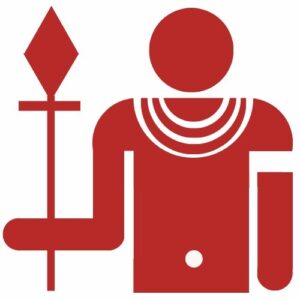 Konga.com is opening a small engineering hub in Cape Town, South Africa, to be majorly used by its software engineers and exchange knowldge with the entire engineering team.
Konga.com is opening a small engineering hub in Cape Town, South Africa, to be majorly used by its software engineers and exchange knowldge with the entire engineering team.
Though Konga is not announcing a formal launch of operations in Cape Town, there is a possibility the firm will fully set up in the country before the end of 2015 after raising $40 million from its investors in October. This are its first intitial steps, as it pursues its pan-African ambitions against Rocket Internet-backed Jumia.
The firm said its engineers build applications which Konga.com runs on today such as the Konga.com website, the ‘SellerHQ’, the Konga Shopping App as well as several Logistics Applications and internal operational tools. The small hub might be used to help merchants in the country upload and sell their stuff on their site. Konga is said to have a similar hub in China.
 In a statement, Konga CEO and founder, Sim Shagaya said,“The growth potential for e-commerce in Nigeria is astronomical. We recognize that to be successful in this industry, every point in the consumer’s online shopping experience on Konga must be first-rate. From providing ease when placing orders, to the moment the consumer holds the product in his hands, our proprietary technology follows through to ensure that the experience is as satisfying as possible”.
In a statement, Konga CEO and founder, Sim Shagaya said,“The growth potential for e-commerce in Nigeria is astronomical. We recognize that to be successful in this industry, every point in the consumer’s online shopping experience on Konga must be first-rate. From providing ease when placing orders, to the moment the consumer holds the product in his hands, our proprietary technology follows through to ensure that the experience is as satisfying as possible”.
Konga says it firmly believes in building capability and this was one of the reasons they launched a peer training programme for our engineers called the Konga Tech University and will established a knowledge exchange programme with the experts from its South-Africa hub.

The company’s Director of Products and Enterprises-Technology, Mr. Olatokunbo Fagbamigbe expressed his delight with the growth of the engineering team. He remarked that, “Konga hires the finest multidisciplinary engineers in Nigeria to design and develop the core systems for our online customer experience today; ranging from the actual e-retailer site to other back-end systems. Our team is driven by the challenge to engineer world class systems to help Konga be the engine of trade and commerce in Africa”.


